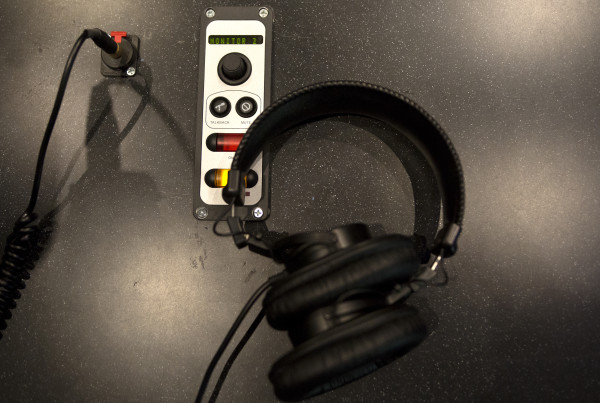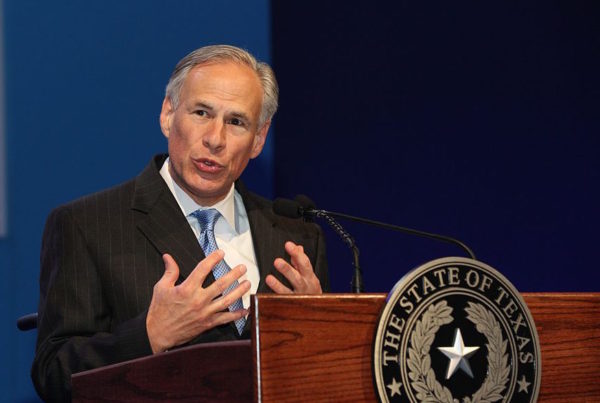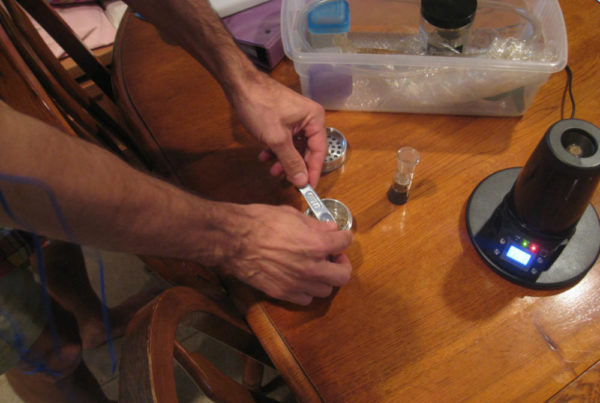From KUT:
Editor’s Note: This is an updated version of a story that originally ran in January 2013.
The Texas Legislature is just now getting into full swing. We’re more than two months into the session, but you might notice that things have been relatively quiet so far when it comes to actual law-making.
And while it might seem like a slow start to the every-other-year meeting, actually, it’s all part of the plan.
In musical terms, each session has its own rhythm and tempo.
It all begins with the flourish of a pounding gavel, but then it quickly dies down. And not a whole lot gets done right away: for the most part, lawmakers can’t take a final vote on any bills in the first 60 days. It’s in the state Constitution (Article 3, Section 5). That means our little Legislative Symphony is kind of quiet in the beginning.
But when we get a little ways into the first 60 days, the tempo picks up a bit. That momentum keeps building until the 60 day deadline for filing most bills (which was March 10) – and snowballs into frantic activity before sine die on May 29 – the end of the legislative session. (Here’s the dates of interest for the 85th Legislature.)
While that means Texans have to wait a few months for any real action, that’s — in part — what the framers of the Texas Constitution were striving for.
“There’s a sense in which legislators are not only supposed to pass laws,” says Jim Henson, who directs the Texas Politics Project at UT. “They are supposed to deliberate,” says Henson. “The flip side might be, do you really want your legislature – in particular the Texas Legislature for that matter – to go in and start passing stuff right away? You might not want that.”















